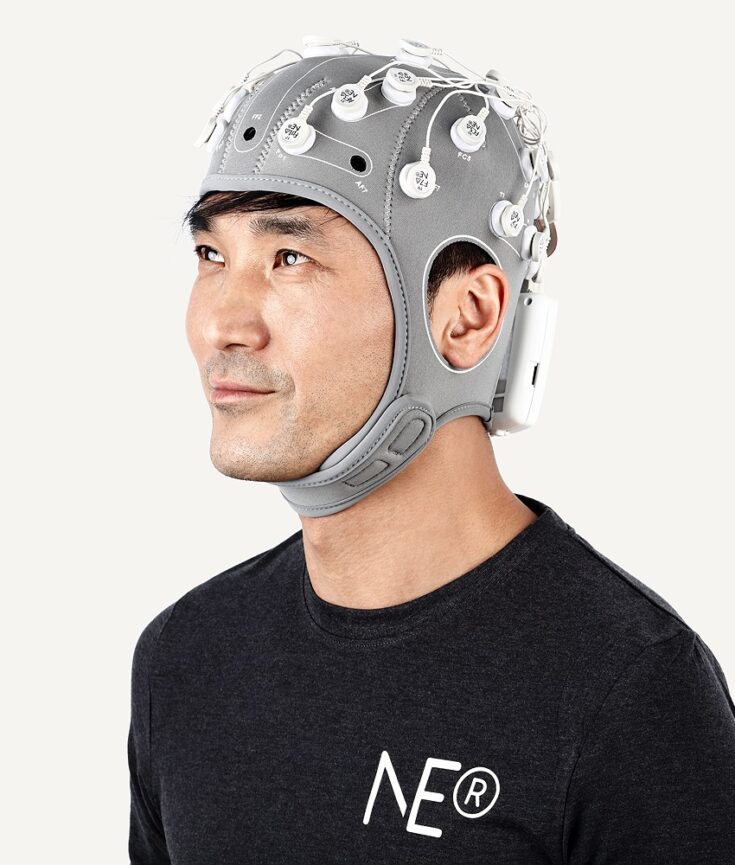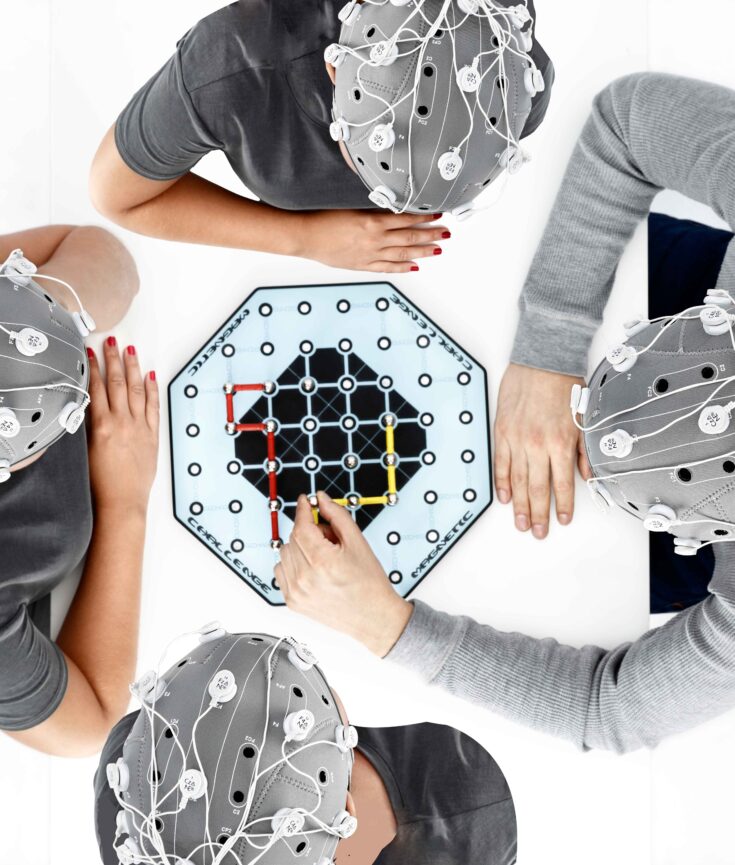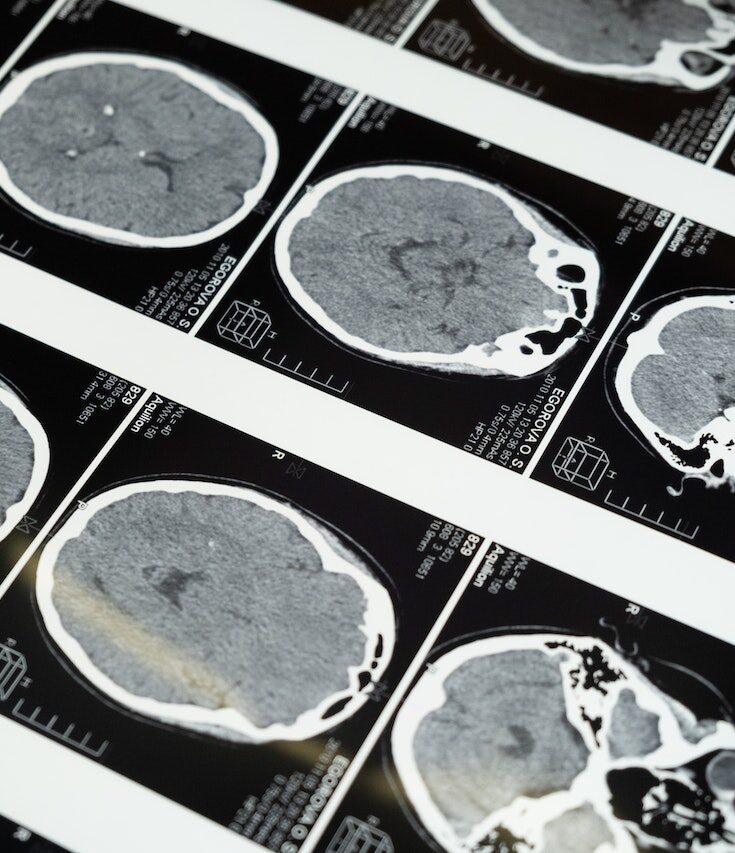Novel mathematical models to understand seizure dynamics
Understanding the mechanisms underlying epileptic seizures is crucial for developing effective treatment strategies

Understanding the mechanisms underlying epileptic seizures is crucial for developing effective treatment strategies

Hyper-Transcranial Alternating Current Stimulation (hTACS) for Inter-Brain Synchronization During Joint Action: Techniques of Multisubject Synchronized Stimulation. Hyper-Transcranial Alternating Current Stimulation (hTACS) has recently been investigated as a potential tool to enhance inter-brain synchronization during joint action. The coordination of brain…

As New Year’s Eve approaches, people commonly begin to reflect on the recent year’s events and make resolutions for the year ahead. It is generally viewed as a sort of new beginning, a time to let go of the bad…

We all know that one of the best ways to keep our bodies healthy is by exercising regularly. For some that may be running, swimming, or lifting weights, but the same principle applies to your brain. Based on a survey…